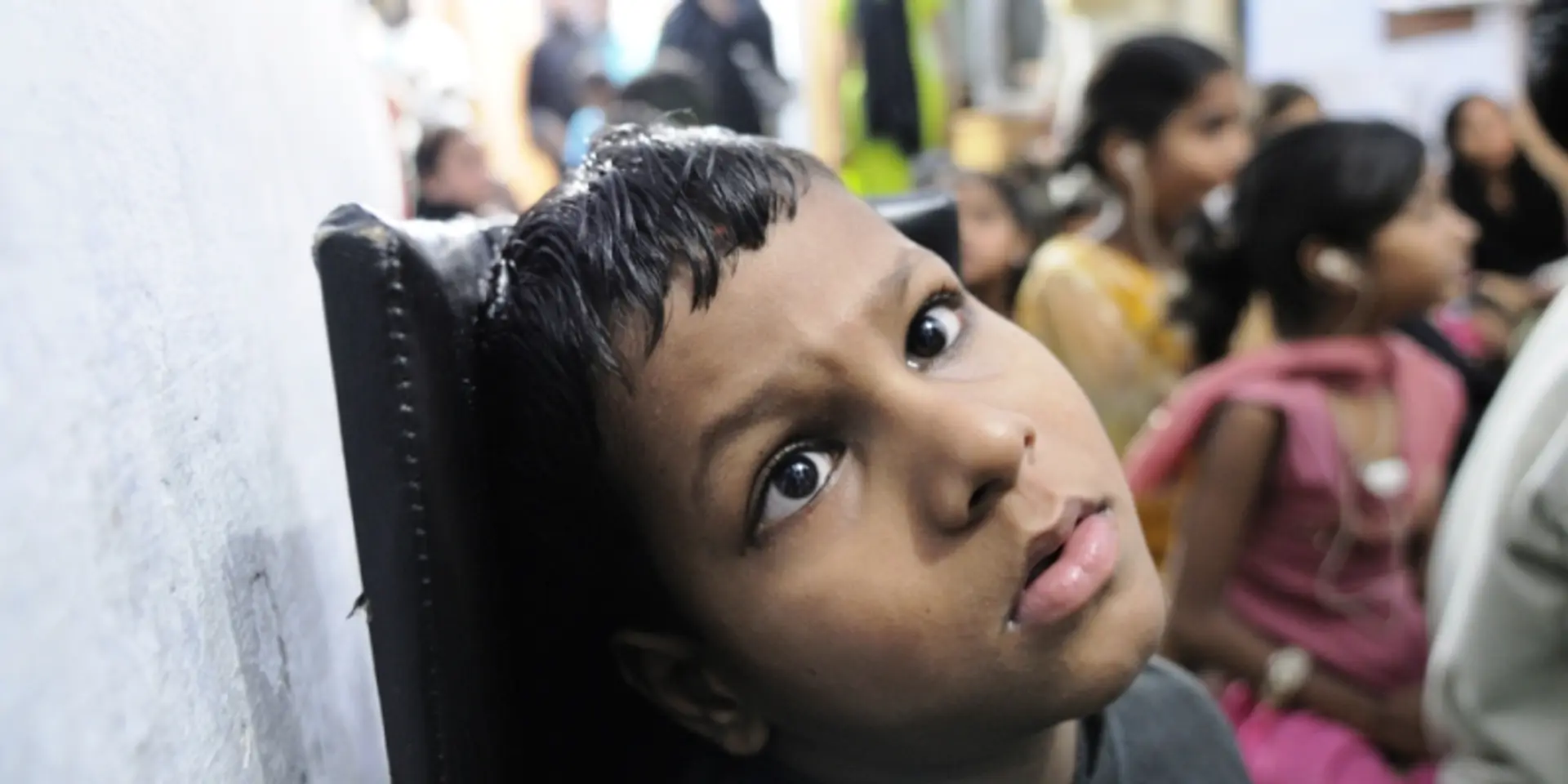Everything you want to know about India's new Disabilities Bill
According to the United Nations, around one billion people live with disabilities globally. Among them, 40 to 80 million live in India. Prejudice, coupled with lack of facilities and opportunities, has often curbed them from leading a normal life. The revised Disabilities Bill passed by the Rajya Sabha on Wednesday is likely to make more people eligible for rights, owing to their disabilities. The bill was introduced towards the end of UPA government’s tenure in 2014. It stipulates up to two years in jail and a fine of Rs 5,00,000 for discriminating against differently-abled people.

More about the Disabilities Bill
The government will bring 119 amendments to the Rights of Persons with Disabilities Bill, 2014. The legislation has been pending in the Rajya Sabha since February 2014, and the term of the UPA government ended soon after it was introduced. The draft legislation is based on the 2010 report of the Ministry of Social Justice and Empowerment’s expert Sudha Kaul Committee, and will replace the Persons with Disabilities Act, 1995. The bill is being brought to comply with the UN Convention on Rights of Persons with Disabilities, to which India became a signatory in 2007.
Changes made
The revised bill expands the list of disabilities from seven to 19. Cerebral Palsy, Haemophilia, Multiple Sclerosis, Autism, Thalassaemia, disabilities resulting from acid attacks, and Parkinson’s Disease were the new inclusions.
Among the other changes is an increase in job reservations disabled individuals from three percent to five percent. The government has also increased the reservation for disabled students in higher educational institutions to four percent from the erstwhile three percent.
Individuals with at least 40 percent of a disability are entitled to benefits like reservations in education and employment, preference in government schemes, and others.
For those with mental illness, guardianship can be granted by district courts, either as limited or plenary guardianship.
On the gloomy side
While disability rights activists have welcomed the amendments, they are upset about Section 3(3) allowing discrimination against a disabled person if it is “a proportionate means of achieving a legitimate aim.”
Also, job reservations, once proposed to be enhanced from three percent (1995 Act) to five percent (2014), have now been restricted to four percent.
The proposed amendments do away with the provision in the 2014 Bill for strong national and state commissions for persons with disabilities with powers on par with a civil court. Instead, the amendments continue with having only a Chief Commissioner with far lesser powers.
Mixed reactions
YourStory spoke to a few individuals and found that while many welcomed the revision, several others were disappointed as well.
Javed Abidi, Convenor of the Disability Rights Group (DRG), says, “We have waited for years for this day to arrive! The Rights of Persons with Disabilities Bill has finally been passed by both the Houses and will very soon become the law of the land. Once that happens, the Indian disability movement will catapult onto the next level, as if a girl/boy graduating from school to college. The New Year would usher us into the next stage of disability rights and I am already naming it ‘Disability 2.0.’”
While the change was lauded by many, there were others whose voices remained unheard.
For example, there has been a longstanding debate on whether or not type 1 diabetics should be included under the Act.
“I am the longest surviving type 1 diabetes patient in India and have seen lots of discrimination when I was looking for employment. There is also lot of ignorance among the public. Therefore, the media should be used to educate the public. The price of insulin is escalating every few months, and this is a life-saving medicine for type 1 diabetics, without which they will die. So the price should be lowered and it should be made available to all” says Usha Dhiman .
“Why hasn’t equal opportunities and rights been given to type 1 diabetics? Is it because it isn’t considered to be a disability? A person who has lost a leg can easily write a three hour exam. However, that is not the case with a type 1 diabetic. In such a case, is it not fair that the government looks into their well-being as well?” asks Ahimanikya Satapathy, whose daughter has been suffering from type 1 diabetes.
The bill will now be sent back to the Lok Sabha and once cleared, will replace the Persons with Disabilities (Equal Opportunities, Protection of Rights and Full Participation) Act, 1995.



